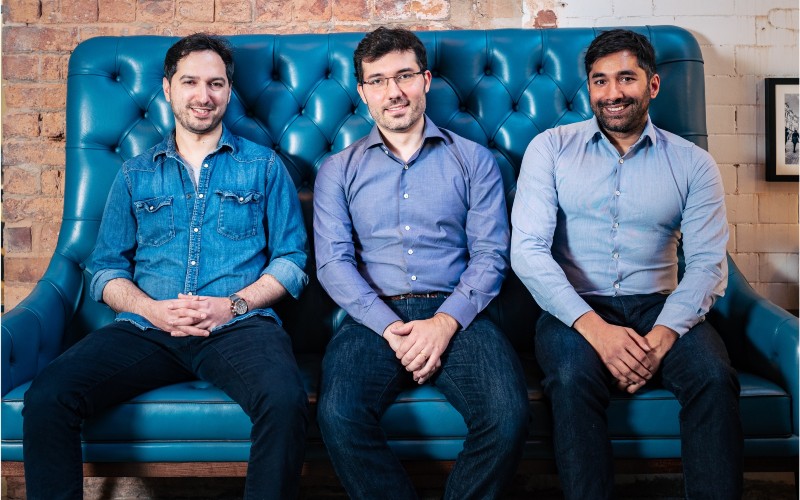The co-founder of a marketplace for used technology products has warned of a common mistake that entrepreneurs make when attempting to scale their business.
Doji was born after Bilal Khan spent many late nights locked up in a library with his co-founders, Fernando Montera Filho and Satyen Fakey, who he met during their Masters programme at the University of Oxford.
Khan began his career at Goldman Sachs and over the last two decades has led multi-billion-dollar investments as a private equity, growth equity and fixed income investor in both public and private markets globally and across industry sectors.
“The assumption that customers understand the product as much as the founders can often lead to a major failure in strategy execution,” he tells TechBlast.
“A failure to identify the early adopters prior to going after the mainstream market can prove to be a major pitfall for many startups offering innovating solutions.”
Montera Filho founded and sold his first business to Mercado Libre, Latin America’s largest online marketplace, where he then led the company’s logistical intelligence and planning effort. He then exited his second-founded company to a major tech company based out of San Francisco.
Fakey is also an experienced entrepreneur having founded eCommerce firm Trimcraft Direct, which he grew into a multi-million-pound revenue business with a global client and customer base.
Their aim with Doji is to unlock the latent supply and demand of used products.
“We wanted to apply the proven model of the financial marketplace to a used goods context, and benefit consumers by solving and removing the vast pricing, informational, and user experience inefficiencies therein,” explains Khan.
“We have structured the platform to enable eCommerce participants to benefit from the same informational, process and pricing efficiencies that drive the financial markets.”
On Doji’s marketplace, used goods listings are simplified according to their condition via simple quality grades. Preset product profiles and pictures enable sellers to list items in seconds by answering a few questions on product grading.
They can then set their desired selling price by placing an asking price, or choose to be matched instantly with the highest bidder and sell immediately.
“Buyers always see the lowest price for their searched item and can set their own desired buy price by making an offer,” says Khan. “This logs their bid anonymously in a transparent order book for the relevant product, providing them the flexibility to buy at a price and time that suits them.
“Bids and asks, broader market pricing from other platforms, alongside transaction price history on Doji’s platform, are accessible to all users in real-time, which optimises price discovery whilst solving the perennial problem of fairly pricing used items.
“Overall, used goods enjoy a new life and the carbon footprint from buying new is reduced.”
Khan has one additional piece of advice for budding entrepreneurs. “Engage in as much advice and feedback as possible: from customers, investors and mentors,” he says. “Optimise the deck and the model based on validated learnings from the data collection of this feedback.”
He also actively pursues angel investing in tech companies.
“An average angel investor can be inundated with hundreds of pitches per week. A great way to filter these is through trusted recommendations, quality of founder profiles and succinctness of the elevator pitch,” he adds.

